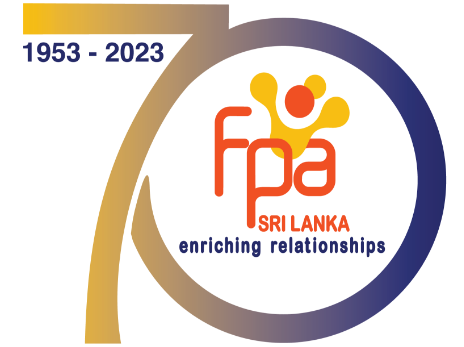SPRINT III - January - November 2019

Overview
SPRINT was designed to address gaps in the implementation of The Minimum Initial Service Package (MISP) for Reproductive Health which is a set of priority activities to be implemented at the onset of an emergency. The gaps were identified in a global evaluation undertaken in 2004 by the IAWG [The Inter Agency Working Group on Reproductive Health in Crises (IAWG)] formed in 1995 to develop guidance on addressing sexual and reproductive health (SRH) for refugees, internally displaced people and other affected by emergencies.
The SPRINT Initiative provides one of the most important aspects of humanitarian assistance that is often forgotten when disaster and conflicts strike. Ensuring access to essential life-saving SRH services for women, men and children in times of crises, a time when services are most needed yet are not prioritised or recognised by key humanitarian responders, SPRINT delivers practical solutions for girls and women, trains humanitarian workers to deal with pregnancy, childbirth, reproductive health and the aftermath of rape and violence.
Besides working to ensure emergency humanitarian programs in the field respond to such needs, SPRINT engages in political processes, working towards raising awareness, strengthening coordination, and building capacities for ensuring preparedness of SRH services during emergencies.
SPRINT Initiative is funded by the Department of Foreign Affairs and Trade (DFAT) under Australian Government and managed by International Planned Parenthood Federation (IPPF).
GOALS
The goal of The MISP is to reduce mortality, ill-health and disability through the application of a set of clinical interventions provided using an agreed approach and set of guidelines to meet SRH needs in emergencies.
NEEDS & GAPS
A comprehensive International Framework exists endorsing the need for SRH in crises and The MISP (Minimum Initiative Service Package) is an internationally accepted minimum standard of care. Much remains to be done to ensure the availability of skilled health workers and the services needed to meet critical SRH needs in crises. SPRINT project is at the forefront of addressing these needs and gaps and the activities carried out by IPPF member associations.
The Minimum Initiative Service Package (MISP)
The MISP for reproductive health is a set of priority lifesaving interventions that must be put into place at the onset of every emergency. It is an international standard recognized by the SPHERE humanitarian charter, the IASC health Cluster Guide.
Key objectives of MISP:
- Ensure the health Sector/cluster identities an organization to lead implementation of the MISP
- Prevent sexual violence and respond to the needs of survivors
- Prevent the transmission of and reduce morbidity and mortality due to HIV and other STIs
- Prevent excess maternal and new-born mortality and morbidity
- Prevent unintended pregnancies
- Plan for comprehensive SRH services, integrated into primary health care as soon as possible. Work with the health sector/ cluster partners to address the six health system building blocks
HOW SPRINT WORKS
SPRINT Initiative’s activities are carried out by IPPF member associations, Ministries of Health (MOH), international and local relief organisations as well as UN agencies. The Initiative is coordinated by IPPF South Asia through a secretariat at the Regional Office in partnership with the other regions and the Humanitarian Response Branch of UNFPA. When successfully implemented as soon as a humanitarian crisis occurs, the sexual and reproductive health services set out in The MISP can mean the difference between life and death or disability for those affected by the disaster. FPA Sri Lanka has carried out the SPRINT project since 2015 and is now in Phase III of the project.
SPRINT III components :
- Ensuring that the policy and funding environment is increasingly supportive of SRHiE
- Preparedness - increased national capacity to coordinate implementation of the MISP
- Emergency response - MISP is implemented in an emergency in a timely manner in collaboration with partners
Under 'inclusion of vulnerable and minority groups into MISP', SPRINT is focusing on the LGBTQI community and Persons with Disabilities (PWDs). In the year 2019, SPRINT will be more focused on prevention of GBV in emergencies with the inclusion of LGBTQI and PWDs. Capacity building programmes will be conducted at the national and district levels in the health sector as well as in the non-health sector. The SPRINT project activities mainly target the disaster prone areas of the country such as the districts of Badulla, Nuwara-Eliya, Galle and Jaffna.
Project cover image credit: Peter Caton
.png)

